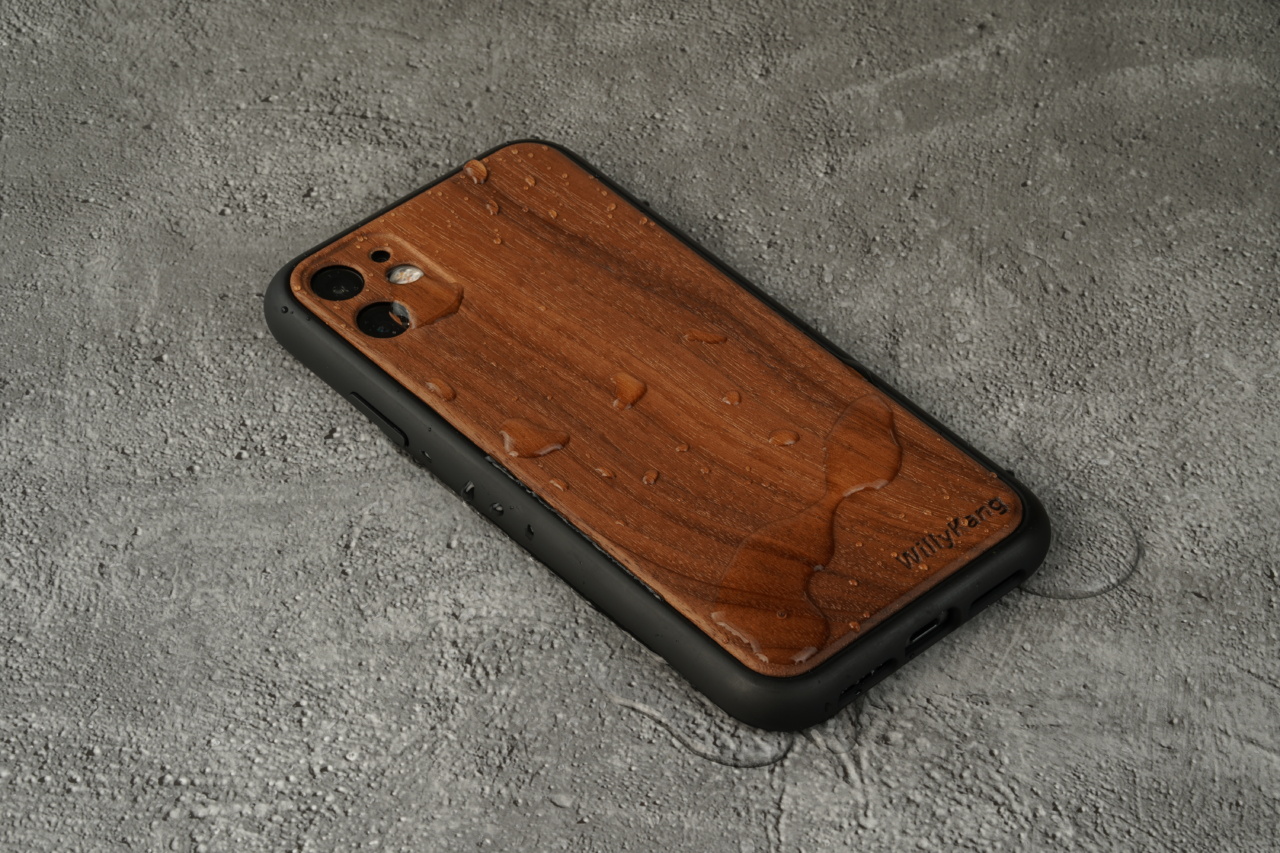Water is a basic necessity for all living organisms on the planet. It is essential for hydration, hygiene, and a lot more. However, in some rare individuals, water can trigger an allergic reaction.
Yes, you read that right – being allergic to water is a real condition, and it is just as strange and baffling as it sounds. This article explores the strange case of those who are allergic to water.
What is Aquagenic Urticaria?
The condition where a person is allergic to water is medically known as Aquagenic Urticaria. It is a rare type of physical urticarial that causes hives, rash, and itchiness on the skin after contact with water.
The condition falls under the category of “idiopathic” because its cause is still unknown to researchers.
The symptoms of Aquagenic Urticaria can range from mild to severe. Some people may experience redness and itchiness on the skin after contact with water, while others may experience severe hives and even difficulty breathing.
The symptoms may appear only on specific body parts or may occur all over the body.
What Causes Aquagenic Urticaria?
The exact cause of Aquagenic Urticaria is still a mystery to scientists. However, there are a few theories about what might trigger this condition in some people.
One theory suggests that the allergy is a result of some chemicals present in the water that a person’s skin is sensitive to.
Another theory points towards the abnormality of the sweat glands that cause the body to release certain chemicals or histamines that trigger an allergic reaction. However, neither theory has been fully proven yet.
Symptoms of Aquagenic Urticaria
The symptoms of Aquagenic Urticaria can vary from person to person. Some individuals may experience only mild symptoms, such as itchiness and redness of the skin.
In contrast, others may have severe reactions, including hives, difficulty breathing, and swelling of the face, lips, and tongue. The symptoms usually last for a few minutes to a few hours after contact with water.
Other possible symptoms of Aquagenic Urticaria include:.
- Sneezing, coughing, and other respiratory symptoms.
- Runny or stuffy nose
- Headache
- Nausea and vomiting
- Swelling of the lymph nodes.
Diagnosis of Aquagenic Urticaria
Diagnosing Aquagenic Urticaria can be difficult, as it is a rare condition, and the symptoms vary from person to person.
If a person suspects that they have Aquagenic Urticaria, they should visit a dermatologist or an allergist who specializes in skin allergies.
The doctor may undertake a physical examination, ask about the patient’s medical history and allergic reactions. Additionally, the doctor may conduct some diagnostic tests, such as a water provocation test, to diagnose the condition accurately.
In the water provocation test, a doctor sprays a small amount of water on the patient’s skin to observe their reaction.
Treatment for Aquagenic Urticaria
There is no cure for Aquagenic Urticaria. Instead, the treatment focuses on reducing the severity of the symptoms and preventing future outbreaks.
The doctor may prescribe antihistamines, corticosteroids, or other medications to alleviate itching and reduce hives. Additionally, the patient may be advised to avoid certain triggers that can worsen the allergic reaction, such as hot water or humid conditions.
Some individuals with Aquagenic Urticaria may find relief from natural remedies, such as oatmeal baths, aloe vera, or vitamin E. However, it is essential to consult a doctor before trying any natural remedies to ensure that they are safe.
Living with Aquagenic Urticaria
Aquagenic Urticaria can be a challenging condition to live with, as it affects a person’s daily life, hygiene, and well-being. Some practical tips that can help individuals manage the condition include:.
- Avoiding hot water or humid conditions
- Washing with cold or lukewarm water
- Drying the skin thoroughly after bathing or showering
- Using hypoallergenic soaps, shampoos, and detergents
- Wearing loose-fitting, breathable clothing
It is also essential for individuals with Aquagenic Urticaria to speak to their doctors about their condition and develop an emergency action plan in case of severe allergic reactions.
Conclusion
Allergic reactions to water may sound incredibly strange and unbelievable, but the reality is that it is a genuine condition that affects some people.
Aquagenic Urticaria is a rare and mysterious condition that causes hives, rash, and itchiness on the skin after contact with water. The condition is still not fully understood by scientists, although it is believed to be caused by the skin’s sensitivity to certain chemicals present in the water or abnormalities in the sweat glands.
Although there is no cure for Aquagenic Urticaria, it is treatable with medications, natural remedies, and lifestyle changes.
Individuals with this condition can take steps to alleviate the symptoms and manage the condition effectively with the help of their doctors.































